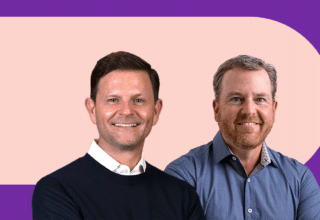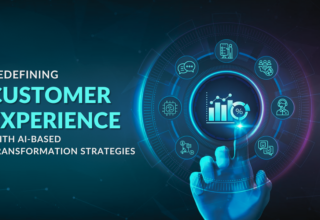
Almost all the others part of the body is primarily controlled by the Brain and the Nervous System. A disease affecting nervous system, may also end up affecting the brain and the spinal cord.
Spinal Cord-: The Spinal Cord mostly acts as a transmitter of information from the brain to the nervous system. Firstly, it connects the peripheral nervous system, and also transmits the sensory receptions or the senses. The motor information that mostly controls the cardiac muscles, skeletal muscles, other glands and smooth muscles, is also transferred by the Spinal Cord from the Medulla-Oblongotae to the nervous system. There is a total of 31 pairs of spinal nerves in our body which contains both motor and sensory axons. The vertebrae protect and supports the spinal cord. Spinal Cord also helps in better coordination and posture of the body.
Brain-: One of the most complex and marvelous organs in the human body. The brain is connected to the rest of the body through fine neurons. It processes all the information that is being gathered in the body, and sends the signals back to the respective body parts after processing. The brain is protected by an outer layer called the skull.
Here in this article, we will discuss about the types of diseases that affect the central nervous system.
Bipolar Disorder-: Bipolar Disorder is a very serious disorder, where the major and primary symptoms are often depression and mania. Mood Swings are also very evident among the patients. Though, the intensities of depression change with the patient, but depression is one of the primal symptom of Bipolar Disorder.
Muscle Rigidity-: This disease can easily be characterized by muscle rigidity leading to immobility. This disease will make even the slightest of pain unbearable by increasing the sensitivity of your body. There can be fits during the course of this disease. The fits are supposed to be very uncomfortable and lasts for several minutes or sometimes a week. But, medications are available for muscle rigidity, and they can be taken in the form of pill or I.V.
Epilepsy-:Epilepsy is a fatal disorder, which is caused due to defective electrical activity in the brain. Sometimes, epilepsy patients have seizure, and that is due to the increase electrical activity in the brain.
Inflammation of Brain-: Often called Encephalitis, this is caused due to some serious viral infections. The symptoms of this disease cause headache, drowsiness, neck pain etc.
Meningitis-: Meningitis is sometimes caused due to the inflammation of the membranes present in spinal cord or the brain. Most often, meningitis is caused due to a viral infection, and the symptoms include stiff neck, fever and vomiting.
Migraine-: Frequent severe headaches are one of the primary symptoms of Migraine. Other symptoms are irritation in the eye, and not being able to see far away things.
Huntington’s Disease-: Huntington’s Disease often degenerates the neurological cells, which in turns results to abnormal movements. Huntington’s Disease is degenerative in nature, and most of the times, happen to older adults.
Alzheimer’s-:Like Huntington’s Disease, Alzheimer’s is also found in adults above the age of 65. It is a degenerative disorder just like Huntington’s Disease.
REVIVO neurology treatment center in Ontario, provides the best facilities for diseases generated at the central nervous system. They use the best technology in the fields of neurosurgery, neurology and interventional neuroradiology.


















